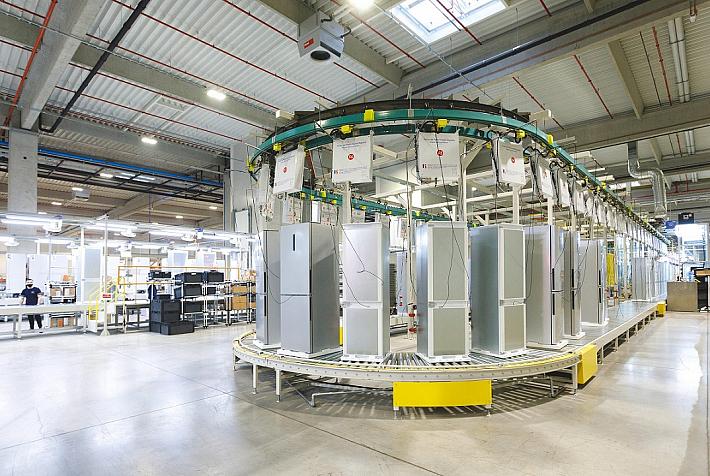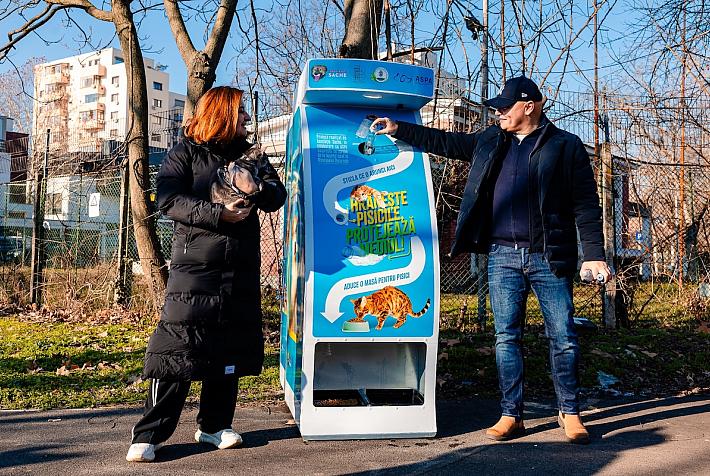Randstad Workmonitor 2023: Romanian employees willing to work more for bigger income

While they’re not willing to give up flexibility, Romanian employees are trying to find new sources of income to cope with the rising cost of living and inflation, according to the twentieth edition of the Randstad Workmonitor.
39% of Romanian workers (compared to the 25% global average) have taken on or are looking for a second role to help manage the cost of living crisis, while a fifth are considering resigning to find a better job to help them cope. Meanwhile, just under a quarter (23%) are planning to increase their hours at their current job.
The cost of living crisis also impacts workers’ expectations of retirement, with over a quarter (30%) of baby boomers (55-67 years of age) delaying their retirement due to their financial position, the same study said. At the same time, 62.5% of workers say money worries prevent them from retiring as early as they would like.
“Among the factors that prevent Romanians from retiring as early as they want are: my financial position (62.5%), I feel like I need work in my life (30%), I feel my employer needs me (10.5%),” Randstad said.
The Randstad Workmonitor also found that, in addition to action on an individual level, workers are also looking to their employers to help them manage the cost of living crisis, whether through increased salaries, subsidies or pay boosts outside of salary reviews. For example, 32.5% of Romanian workers (41% - global) would like a monthly pay boost from their employers, while a similar percentage would like an increase in salary outside of the usual cadence of annual pay review. Close to a third (28%, similar to the global average) would like subsidies for the cost of energy, travel, or other daily expenses.
The same research revealed that the pandemic left a lasting legacy on workers’ demands for flexibility. Despite the economic environment, 70.8% of workers (compared to the 61% global average) said they would not accept a job if they thought it would impact their work-life balance. In fact, 98% of them rank work-life balance right after pay as the most important factor when thinking about their current job and potential future employment.
Most respondents (89% vs global average - 83%) also said that flexible working hours are essential in terms of what they look for in a role, over parental leave policy (73.5%) and almost as important as training and development (89.3%). More than three quarters (79.4% – Romania, 71% - global) said that flexibility in terms of location is key.
But, alongside practical requests, employees still want their employers’ values and purpose to align with their own. Over half said they would quit a job if they felt like they didn’t belong there, while two-fifths wouldn’t accept a job if it didn’t align with their social and environmental priorities.
“As an indicator of growing support for equity, diversity and inclusion in the workplace, 9% chose training to combat unconscious bias in the workplace among the top 3 training preferences. Interestingly, only 37% would choose not to work at all if money was no object,” the same source said.
The Randstad Workmonitor was launched in 2003 and now covers 34 markets around the world. The study encompasses Europe, Asia Pacific and the Americas. It is conducted online among people aged 18–67, employed for at least 24 hours per week (minimum 90%) or sole traders or unemployed but considering looking for a job in the future. The current Romanian edition was conducted online in October among 500 employees aged 18–67.
irina.marica@romania-insider.com
(Photo source: Fizkes/Dreamstime.com)













